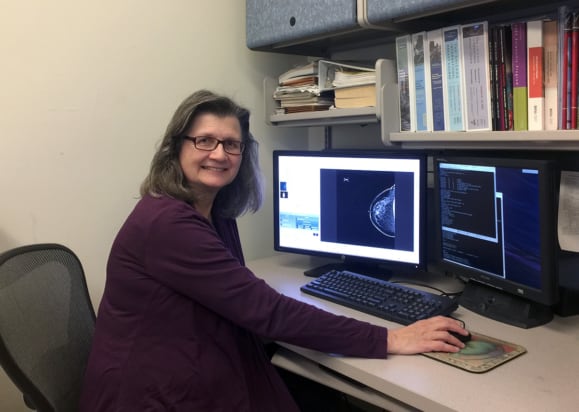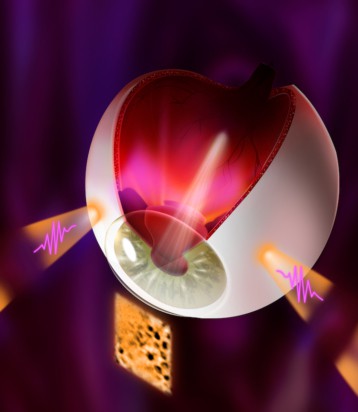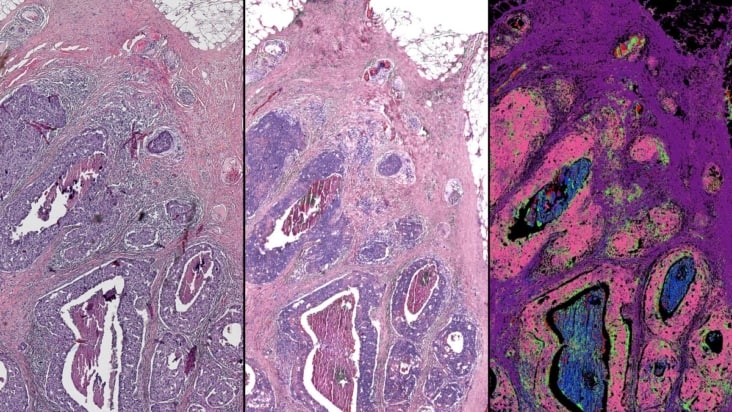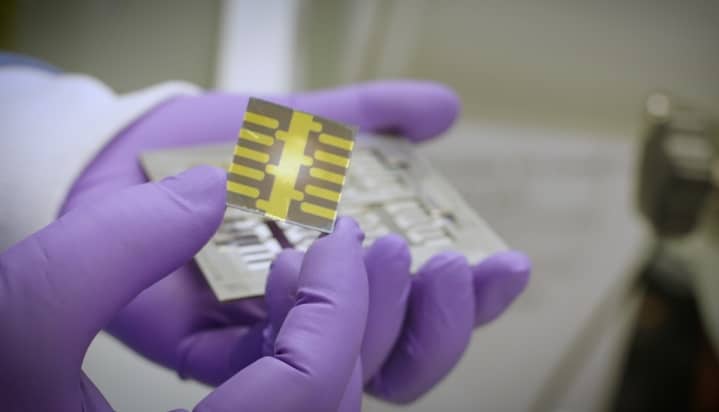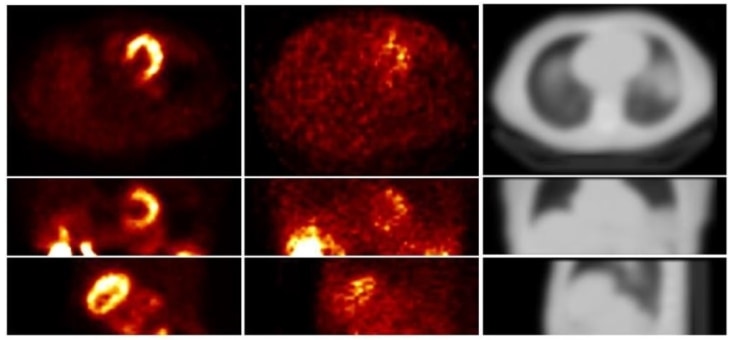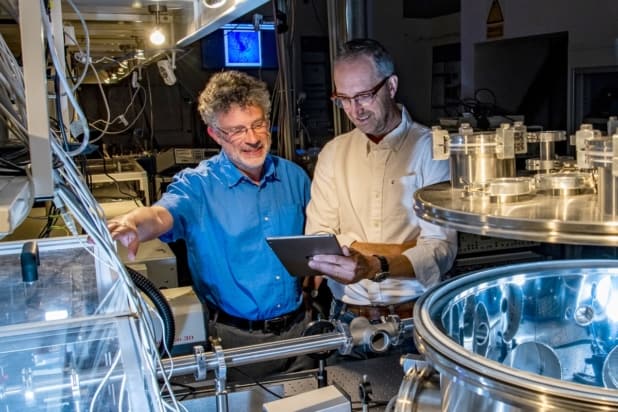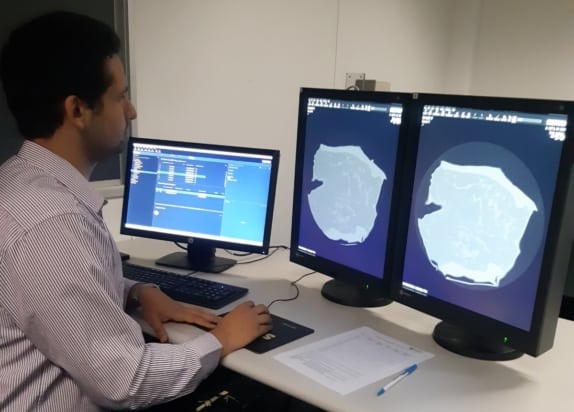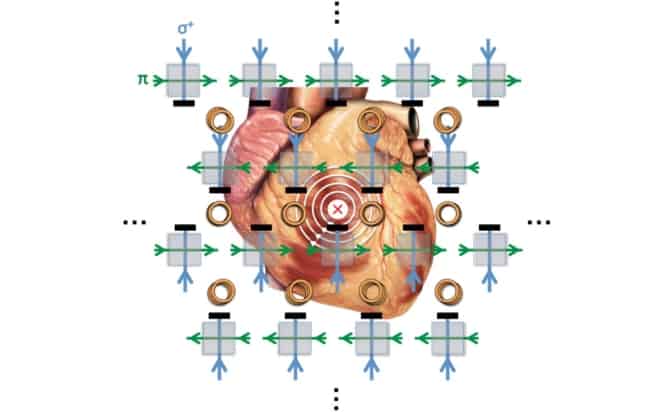Physics World Medical Imaging Briefing 2020
Welcome to this free-to-read Physics World Briefing dedicated to all things medical imaging. In this issue we examine recent developments in imaging modalities ranging from X-ray to optical, MRI to ultrasound, PET to SPECT, and more. And as these imaging technologies and devices evolve and progress, their potential medical uses expand alongside. We describe applications such as monitoring brain glucose to help detect Alzheimer’s disease, using 3D ultrafast ultrasound to measure coronary blood flow and even investigating the effects of space travel on astronauts’ brains.
Expand to full screen, bookmark pages or download to read offline using the icons beneath the screen. You can access the videos and audio clips if you read the emagazine online. Read it now
Or you can read selected content from the Physics World Medical Imaging Briefing 2020 here
3D ultrafast ultrasound quantifies coronary blood flow

Want even more from Physics World?
Get more from Physics World without waiting for the next issue. The same great journalism, but delivered to you daily. Read updates on the latest research as soon as they happen and access 20 years of online content, organised across 13 dedicated scientific areas. Visit the homepage to start exploring.
